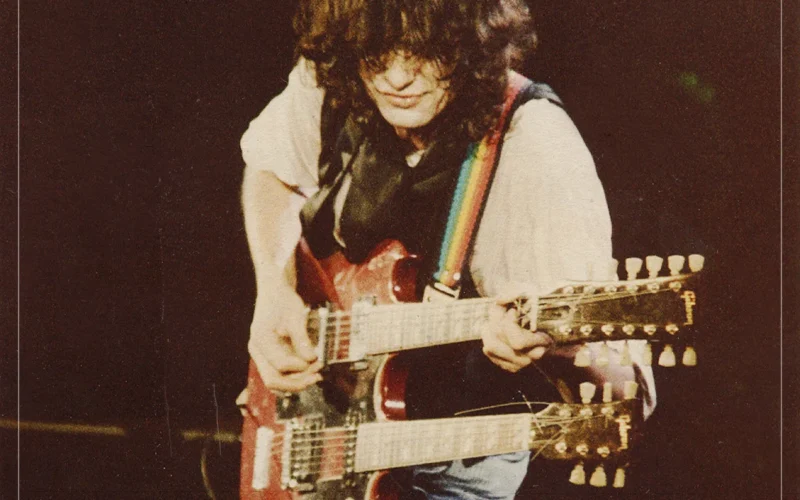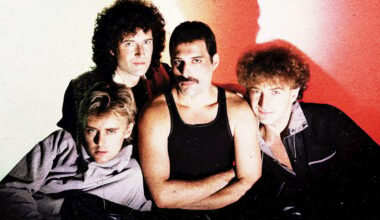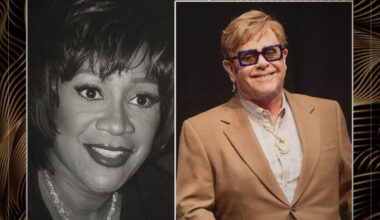Everything Led Zeppelin ever came out with felt like Jimmy Page’s baby. As much as he liked to be the enigmatic guitar god at the side of the stage, Page was always the mastermind, making sure everything sounded perfect behind the scenes, and nothing that showed up on a Zeppelin record was getting there without his stamp of approval. But even in their prime, he knew when some projects had everything right and when they were going to embarrass themselves.
Then again, it’s hard to think of any member of the band doing anything that embarrassing. Some of their shameful behaviour back in the day has been well-documented, but whenever they went onstage, they seemed like rock and roll gods roaming the Earth rather than mortals. So if they already looked larger than life, why not give them much more money to do whatever they wanted with their tracks?
After all, a song like ‘Dazed and Confused‘ already sounded fantastic, but whenever they stretched the song out when they played live, it felt like some sort of ritualistic practice whenever Page brought out the theremin. All they needed to do was find a way to make that kind of reaction work on a record, but if they needed to get everything exactly right, they had to have some camera crews brought in as well.
But while The Song Remains the Same is a classic for most rock and roll fans, it’s far from perfect. The Who’s The Kids Are Alright had a far flimsier thread to work on, but it’s at least funny to see John Entwistle shooting at gold records in the film. If you see the looks on every member’s face during their fantasy sequences, though, it was clear that Zeppelin was taking their mystique far more seriously than everyone else.
The live footage from the film is still incredible, but Page felt that he could have done without the fantastical pieces, saying, “When we did our fantasy sequences, nobody was allowed to be around the others while we did them, because they’d all take the piss. It’s a horrible medium to work in. It’s so boring! So slow! Just shooting the fantasy sequence– ‘Can you do it again so we can get a different angle?’ I’m not used to that.”
While the studio shouldn’t be that much different, it’s much easier for Page to see the bigger picture when working on a record. Each overdub that someone lays down is a chance for them to experiment, but when the director has one idea in their head for what a shot should be like, it’s easy for someone to work diligently for hours only to use about 30 seconds of what ended up in the final film.
More than anything, this was the first time that Zeppelin offered viewers a chance to see them for what they were, and looking at it now, it does come off as a bit pretentious. Everyone knew that they were in a different league whenever they had instruments in their hands, but when shooting Robert Plant riding on a horse or manager Peter Grant as a gangster, it feels less badass and more like the kind of home video footage that people make for fun.
Some of the scenes are beautifully shot, but given that the band went immediately back to their records after this, it’s clear they weren’t going to be the same kind of cinematic draw that Elvis Presley was. They wanted to hit their audiences on a deeper level, and it turned out their records could pack a much better punch than a movie ever could.






